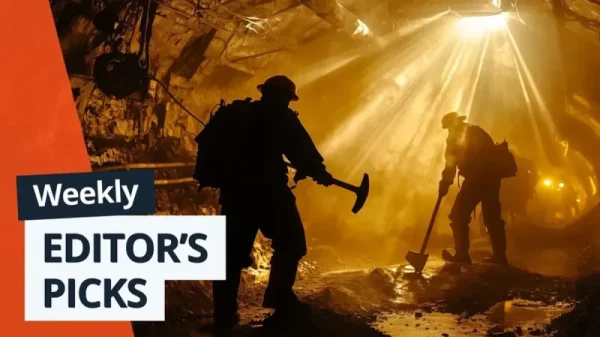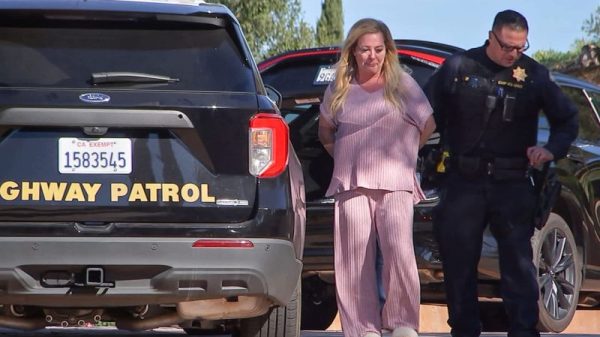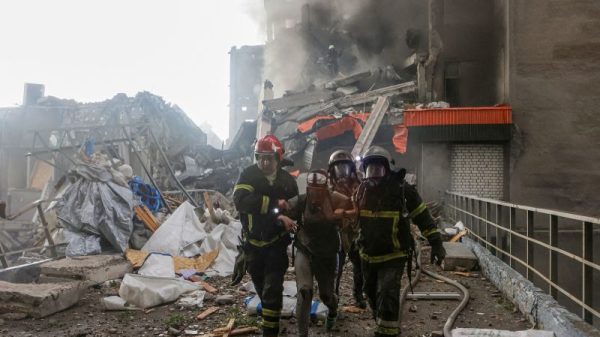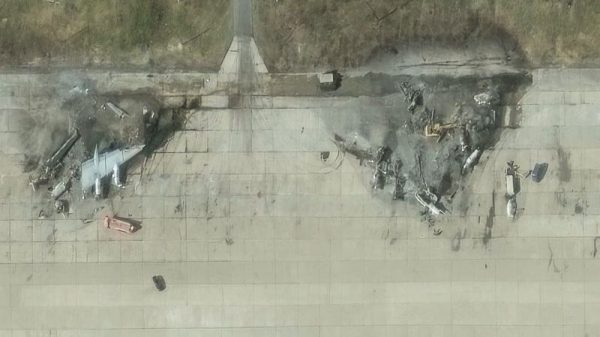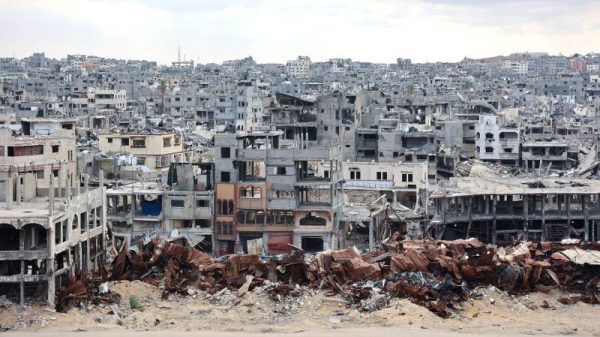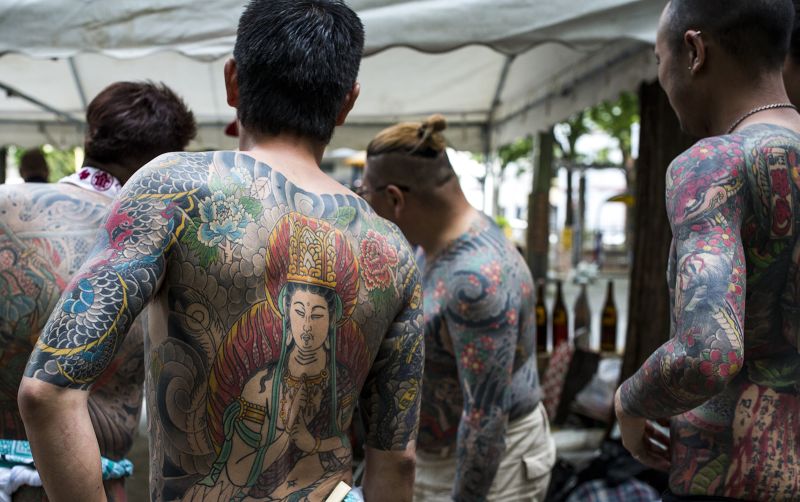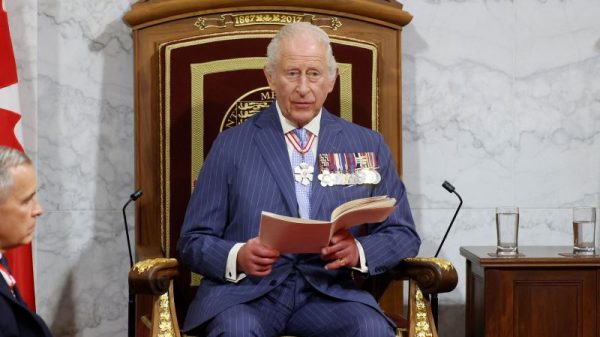Think of Japan’s famed yakuza gangs and you might think of heavily tattooed men getting into bloody fights – the stuff of action films and video games.
But last week four men were arrested in Tokyo for a more mundane crime – operating a yakuza office too close to a library.
The suspects, ages 55 to 77, “conspired” to operate an office from June 2024 to February 2025, “despite the fact that the area was within a 200 meter radius around a library,” said police in a statement. The city has strict rules on where yakuza offices can operate, as part of their campaign to eliminate organized crime.
The oldest man, 77, was a “member of an organization affiliated with the Sumiyoshi-kai organized crime syndicate,” one of Japan’s biggest yakuza groups, the statement added.
Known for their strict hierarchies and honor codes, the yakuza – also known as the boryokudan – engage in everything from extortion and money laundering to drugs and sex trafficking.
Far from being underground organizations, many are registered with the police and have an established presence across the country.
The National Police Agency (NPA) even lists the business addresses of some yakuza organizations on their website; for instance, the Sumiyoshi-kai’s main office is located in Tokyo’s upscale Akasaka district, not far from the parliament building.
During their heyday in the 1960s, the yakuza operated internationally and had more than 184,000 members, according to the NPA. But their numbers have declined steadily over recent decades after police crackdowns to curb their activities.
Though they are legally still allowed to exist, regulations made it harder for gangsters to survive as it became illegal to recruit yakuza, pay them off, or share profits with them. Even securing mobile phone contracts and renting out apartments became more difficult.
In 2024, the number of members of organized crime syndicates fell below 20,000 for the first time to a record low of 18,800, according to police data.
In Tokyo, yakuza offices cannot operate within 200 meters of schools, child welfare centers, community halls, museums, probation offices and family courts – as well as libraries.
Businesses cannot hire yakuza members as bouncers, offer them payoffs for services, or sign any contracts with yakuza that “encourage” their activities.
The result is shrinking yakuza groups that nowadays largely make headlines for disbanding, pursuing new law-abiding lives, or promising to behave.





